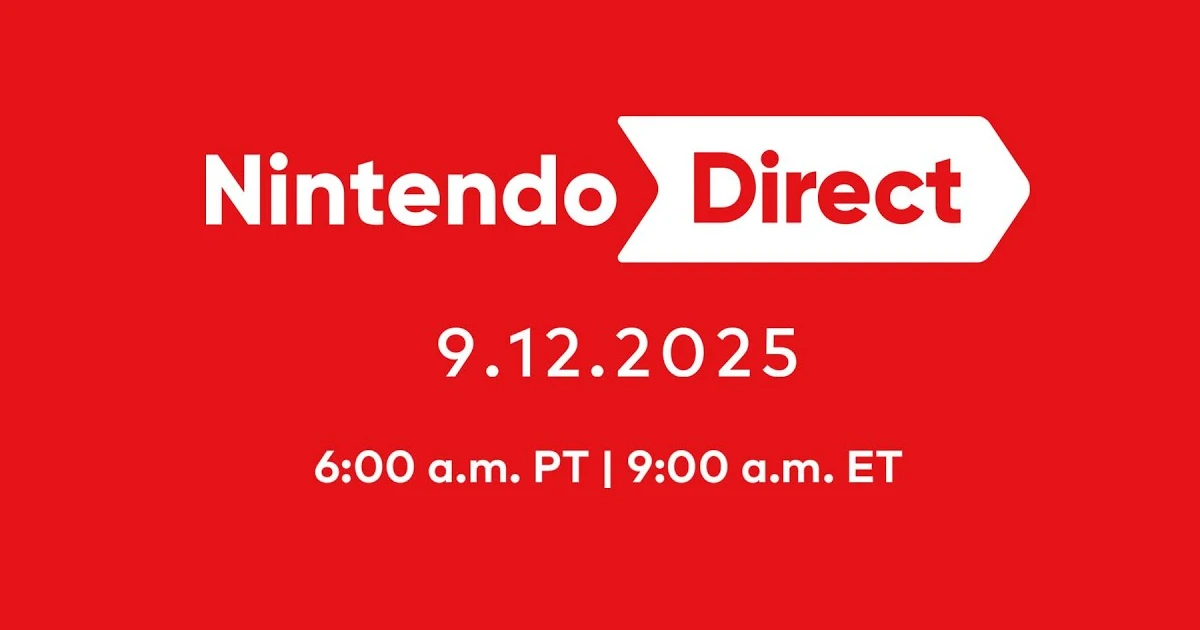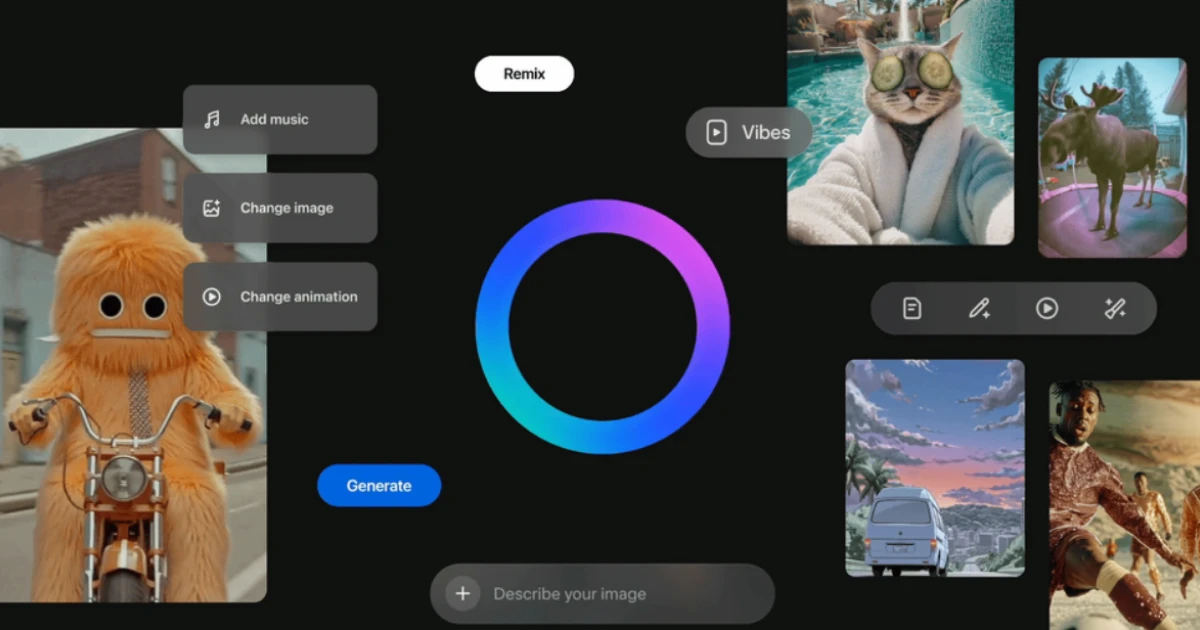They’re being driven by purpose and fueled by innovative ideas, therefore putting impact at the forefront of their operations. And guess what? They are also proving that profit-making and doing good can go hand in hand. I think it’s fascinating how even just a small startup can have a significant impact on a certain community. What’s better than making money while also delivering change to people? This form of “impact investing” is gaining momentum - and for good reasons - as it’s the perfect example of how start-ups are making money while also doing good.
Take Goodr, for example! Its mission is to eliminate hunger and reduce food waste by redistributing surplus food to communities experiencing food poverty. This way, Goodr collects leftovers and delivers them to non-profit organizations serving those in need. We’re all aware that hunger has become a critical issue in many places. But thanks to Goodr’s approach, however, they were able to mediate it by providing 30 million meals to those in need. This only means that thousands of individuals had access to food and were no longer concerned about when their next meal will arrive.
And that’s not all! Think of all the startups that are created to represent, support, and empower underprivileged communities. People of color, people with disabilities, refugees, and every other category of people who have previously faced social exclusion and stigmas. Think of SheCodes, which has made its purpose of alleviating the gender gap in the tech industry by offering women online coding courses. Then you have Queerly Health which provides LGBTQ+-friendly health services – and we all know how much the people in the community have been alienated, especially when it comes to medical services. By recognizing the needs of such underrepresented groups, we can’t deny the benefits that these startups have brought.
Look - these start-ups have not only given a platform for members of these communities to access services that they need, but they have also inspired more people to join their fights. Remember - by supporting these initiatives, even if we’re not part of these communities, we can play our part in breaking down the stigmas. Don’t be indifferent to these matters, when you can be an ally and help other people access the same opportunities as you.
And that applies to start-ups as well! There are companies working as intermediaries in the fight for a more inclusive society. MovingWorlds is just one example of such a startup, connecting qualified workers globally with non-profit organizations. Think about it! We, as people, can participate and volunteer directly to help those in need. All we need is the skills and the dedication to creating a better world. As Helen Keller once said: “Alone we can do so little; together we can do so much”.
Unfortunately, we can’t answer this question. Sure, it’s great that startups are paving the way for systemic changes, but we still have a long way to go. The truth is, creating real and sustainable change requires more than just startup efforts. In fact, it requires the commitment and action of all members of society. This means we must go beyond individual efforts and instead concentrate on collective action. We must acknowledge the value of cooperation and collaborative effect in driving meaningful and enduring change. And by that, I mean that we should focus on the big picture, and observe how our individual efforts can be combined to build a more equal and sustainable world. According to George M. Gilbert, “To achieve any group goal, individuals must work to improve themselves as a means to improve the group.”
We can recognize the influence that startups hold in promoting and advocating for social change – that’s for sure! Let’s be honest – they can drive innovation, create new (business) models for social impact, and especially challenge the status quo. So, while we can’t answer the burning question of “is it enough”, we can certainly say that social impact-focused startups have the potential to be effective change agents.

















